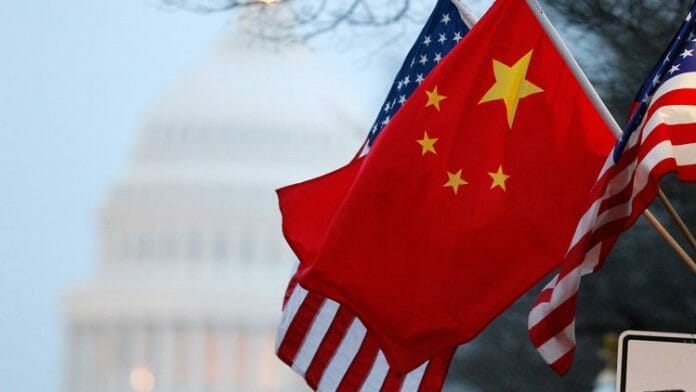- Joined
- Sep 22, 2008
- Messages
- 76,169
- Points
- 113
So be careful. US can arbitrarily freeze any country's money and not just in USD.
https://www.cointribune.com/en/
Join
English
-Français-Español
Join
Home » News » Finance News
Getting informed▪Payment
Not content with drastically limiting how Iraq can spend its dollar reserves, the Fed now prohibits it from using the yuan. When will it be Bitcoin?
This week, the American Federal Reserve ordered Iraq to cease its transactions in Chinese yuans. It cited “divergences and specific problems related to transactions” according to Mr. Al-Kadhimi, a member of the parliamentary finance committee.
To put it more transparently, the United States wants to prevent Iraq from trading with its Iranian and Syrian neighbors, two nations under embargo due to their defiance of Israel.
https://www.cointribune.com/en/
Join
English
-Français-Español
Join
Home » News » Finance News
The Fed prohibits Iraq from using its dollars AND its yuans.
Sun 28 Jul 2024 ▪ 8 min read ▪ by Nicolas T.Getting informed▪Payment
Not content with drastically limiting how Iraq can spend its dollar reserves, the Fed now prohibits it from using the yuan. When will it be Bitcoin?
Iraq suspends its transactions in yuan
We reported earlier this year that Iraq no longer wanted to sell its oil in dollars, but rather in yuans.This week, the American Federal Reserve ordered Iraq to cease its transactions in Chinese yuans. It cited “divergences and specific problems related to transactions” according to Mr. Al-Kadhimi, a member of the parliamentary finance committee.
To put it more transparently, the United States wants to prevent Iraq from trading with its Iranian and Syrian neighbors, two nations under embargo due to their defiance of Israel.

